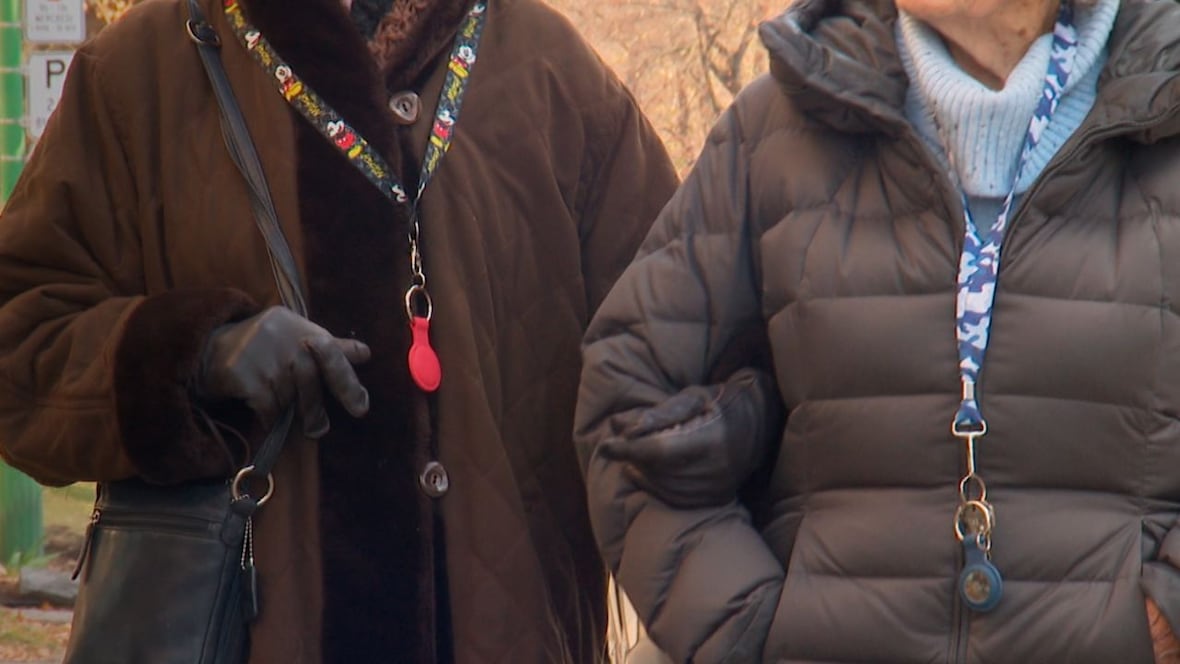In her final budget as mayor, Valérie Plante tried to limit property tax increases even as Montreal’s expenses climbed to more than $7 billion.
Property taxes for homeowners will increase by an average of 2.2 per cent in 2025 — considerably lower than last year’s 4.9 per cent hike.
Commercial property tax will go up by an average of 1.9 per cent.
The overall budget is $7.28 billion, up from $6.99 billion last year, an increase of four per cent.
Plante said the increase can be attributed, in particular, to more money for housing, as the city struggles with an increased number of people experiencing homelessness.
“It’s the number one priority for Montrealers,” she said at a news conference, adding that public transit will also get more money.
Here are some of the big takeaways from the 2025 budget.
Tax hikes vary by borough
The increase in residential property taxes vary by property type and borough, with the largest increases in Pierrefonds—Roxboro (4.1 per cent) and L’Île-Bizard—Sainte-Geneviève (3.4 per cent).
The other largest increases were seen in Mercier—Hochelaga-Maisonneuve (3.1 per cent) and Côte-des-Neiges—Notre-Dame-de-Grâce (2.9 per cent).
The lowest increases were in Ville-Marie (0.2 per cent) and Plateau-Mont-Royal (1.7 per cent).
Single-family homes will see the largest increase, with an average hike of 2.9 per cent. For example, a home valued at $720,000 will see an increase of $135 in property taxes.
Condos on average will see an increase of 1.2 per cent. That means a condo valued at $485,000 will see a property tax increase of $38.
Public security gets biggest slice
Again in 2025, public security — which includes both police and firefighting services — takes up the biggest slice of the budgetary pie at 18 per cent.
Montreal police in particular are budgeted $824 million — an increase of about $3 million from the previous year.
But the actual number could be far higher due to overtime pay. By the end of 2024, police expenses are expected to be $54 million more than originally anticipated, a city official said.
The city set aside $762 million for public transit. That’s $47 million higher than last year.
The Société de transport de Montréal (STM), the city’s transit authority, recently unveiled its own budget, estimated at $1.8 billion, a slight increase of 0.2 per cent compared to 2024.
The budget increase is mostly attributed to the hiring of security and maintenance staff. Despite cutting $16 million in spending originally projected for 2025, the authority said Metro and bus service are not expected to be affected.
The city also said it would limit new hires, prioritizing workers related to housing and urban safety while making cuts in other areas to keep expenses down.
Countering homelessness
The city tried to highlight its contributions to housing and homelessness, though the amount set aside to address those issues was modest by comparison to the big budget items.
Organizations supporting the unhoused population are getting $10 million, while the city earmarked nearly $46 million in housing spending.
In August, the city announced its plan to build 60 modular housing units in 2025 to provide temporary accommodation for unhoused Montrealers waiting for social housing.
The city said it will also inject $100 million over the next three years into a housing program that aims to accelerate housing starts and increase the supply of off-market housing.
WATCH | Eviction notices handed out at Montreal encampment:
Long-term money for roads, water
The city also released its 10-year infrastructure plan, for things like the city’s water treatment plants and roads.
The total price tag for the plan is $24.8 billion, compared to last year when that number was $23.9 billion.
The city is designating $6.6 billion to infrastructure projects, such as drinking water and wastewater treatment plants, as well as various reservoirs and pumping stations. Of that amount, $599 million is budgeted for 2025.
Another $6.6 billion, including $550 million in 2025, is projected to be set aside for roads.
Plante announced last month she would not seek re-election after completing her current term as mayor. The next municipal election is scheduled for Nov. 2, 2025.
Opposition claims city finances are in ‘tatters’
Alan DeSousa, borough mayor of Saint-Laurent and finance critic for the Opposition party Ensemble Montréal, said Plante has done a poor job of controlling spending over her tenure.
“The finances of the city are in tatters,” he told reporters. Even while spending has increased, he said the city hasn’t done enough to address congestion, cleanliness and the homelessness crisis.
“Clearly, their dollars are not going into some of the issues that are important,” he said.
Plante, for her part, said she did her best to leave city hall with its “house in order.” She said Montreal cannot be expected to solve homelessness on its own, and is still waiting on a deal between Quebec and the federal government for more money.
“The reality is we need to work in collaboration,” she said.
She also noted that the budgets of Vancouver and Toronto have climbed more than Montreal’s during her period as mayor — and she warned it will only get more difficult to manage cities.
“I don’t want to scare the next mayor, by the way,” Plante said with a laugh. “It’s just that there are challenges.”







